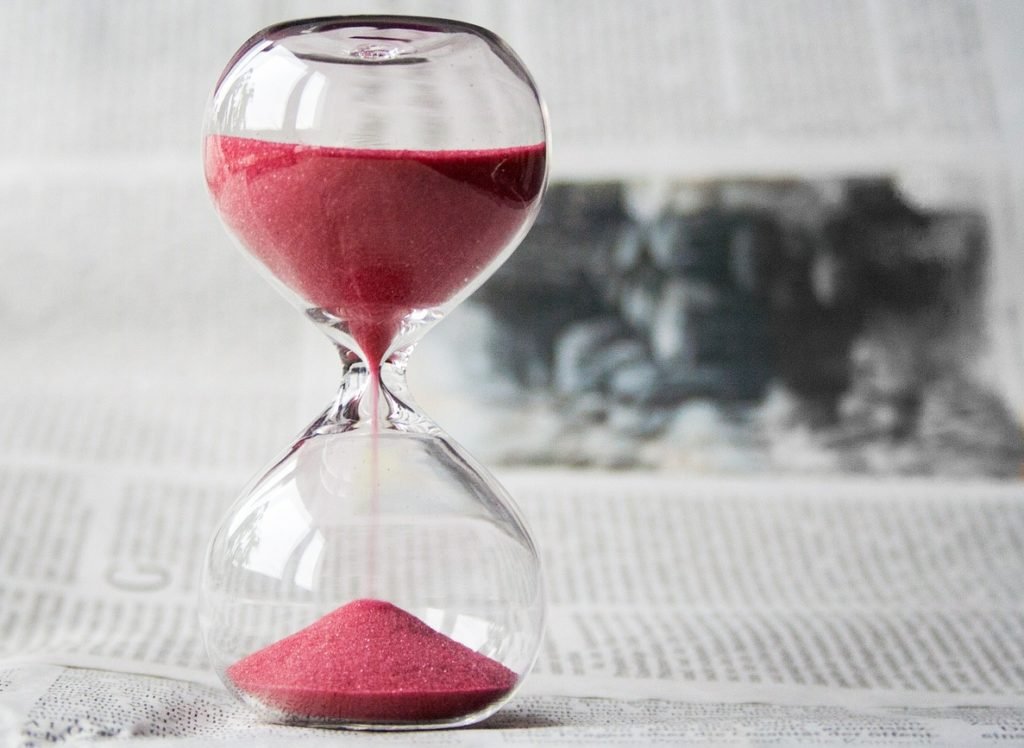An African proverb: You Have Watches, We Have Time
The conception we have of time today contributes to making our society unsustainable, including our idea of economic growth. Time is in fact conceived in a linear manner, contrary to what happens in nature, in which the phases of any natural process are slow and cyclical; this is a characteristic that has remained unchanged over time and is destined to remain immutable. The reason we run is that we dedicate our energies to the goal of achieving maximum productive performance, as all this brings profit to the individual, the industry or the entire nation. But first, faster and more, in a quantitative sense, is not synonymous with quality of life.
We have forgotten that the whirling pace of current consumption and therefore the frighteningly increasing pace of the waste we produce due to this consumption do not take into account the slow timing, which instead Nature requires to regenerate and assimilate this waste in order to reintroduce it again in the cycle. The logic of cyclicality, reuse and sharing is the one we encounter in the ideas of sustainable policies, many of which are based on the “imitation” of nature. This regeneration process of the biosphere has specific times and cannot be accelerated. Before this socio-cultural chasm, slowness was considered important, and same was the attention to natural processes and the management of time pauses, which were considered important for a better standard of life.
Global warming, global warning
The energy crisis and the climate change are clear evidence that natural times do not coincide with those of the human economy: the biosphere took three hundred million years to produce fossil fuels, on the other hand, it took about two hundred years of industrial civilization to consume more than half of it. Three hundred years in a geological era is equal to a short span of time in which waste pollution has been thrown into the atmosphere a million times faster than their prehistoric counterparts!
The yellow line represents the growth of the human population over 10,000 years. For thousands of years, it has remained constant until the stages of the industrial revolution. From then on, in just two centuries, population growth has increased exponentially!
In addition to the environmental dimension, the structured time around the organization of work and the market is causing serious problems to human health. The increasing difficulties to reconcile professional and family life, the growing anxiety and work stress that lead to greater consumption of drugs, an increase in disability, the breakdown of traditional work times (which also include leisure, the times geo-local based on regional weather, the seasons and replaced with the synchronization of global time), the proliferation of accelerated lifestyles make it difficult to pay attention to one’s body, to its biological rhythms but also attention to one’s inner life and way of relating to others.
Go Slow!
The slow movement symbolizes a philosophy in which quality of life, sustainability, alternative management of time meet in complete harmony. We need to spread a culture of slowness to make room for alternatives lifestyles, against the acceleration that affects our lives, from food, to transport, to relationships. A dynamic that has ended in some areas permeating in many of the initiatives such as slow food, happy degrowth or cities in transition.
Give time to time
It is increasingly important to defend the collective reappropriation of time. A conquest that would allow developing those traditional relational facets, through exchanges of services that regenerate the social fabric, give new life to human relationships and community complicity. And even if the energy and climate crisis is extremely urgent, we must continue slowly even when we are in a hurry, giving time to time, without accelerating and anticipating these times that are needed to build alternatives and put projects into practice. Because slowness is an essential ingredient to carry out any project if we want the result to be sustainable and lasting.
To know more:

